Clonazepam Addiction Treatment: Detox, Withdrawal & Recovery
GET HELP TODAY!
100% Confidentiality Guaranteed


What Is Clonazepam (Klonopin)?
Clonazepam is a strong prescription drug in the benzodiazepine class. Sold under the brand name Klonopin, it treats panic attacks, anxiety, and seizures. It works by slowing brain activity, which helps reduce stress and promote calm. However, even short-term use can lead to physical dependency and addiction.
Doctors usually prescribe clonazepam in tablet form. Dosage depends on age, weight, and health conditions. When used at a high dose or for extended periods, it can lead to serious health problems and intense withdrawal symptoms.
Some people believe doctors prescribe it, so it is safe. However, Klonopin can be dangerous if misused. High doses may cause hallucinations and feelings of euphoria. This increases the risk of clonazepam addiction.
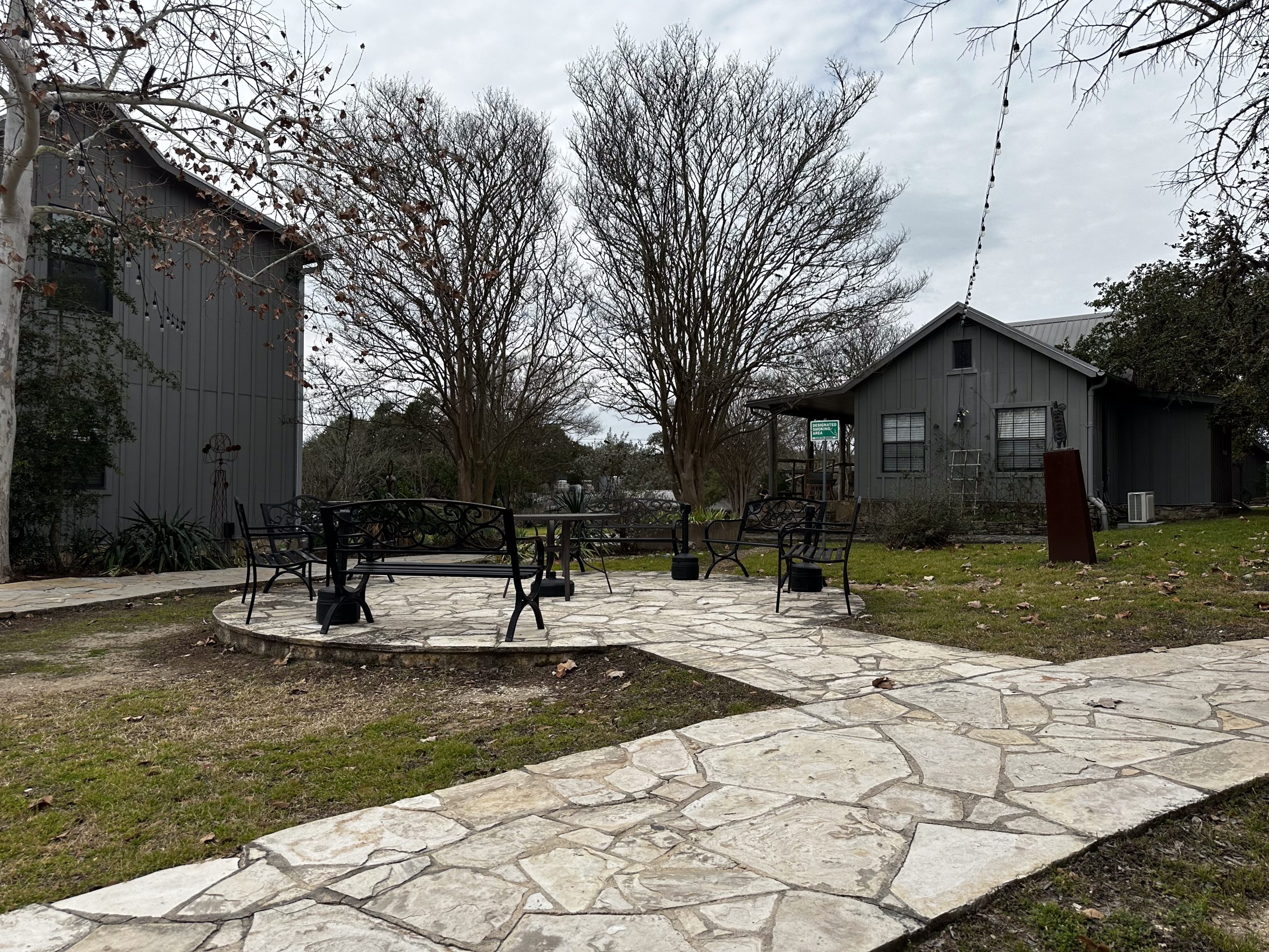

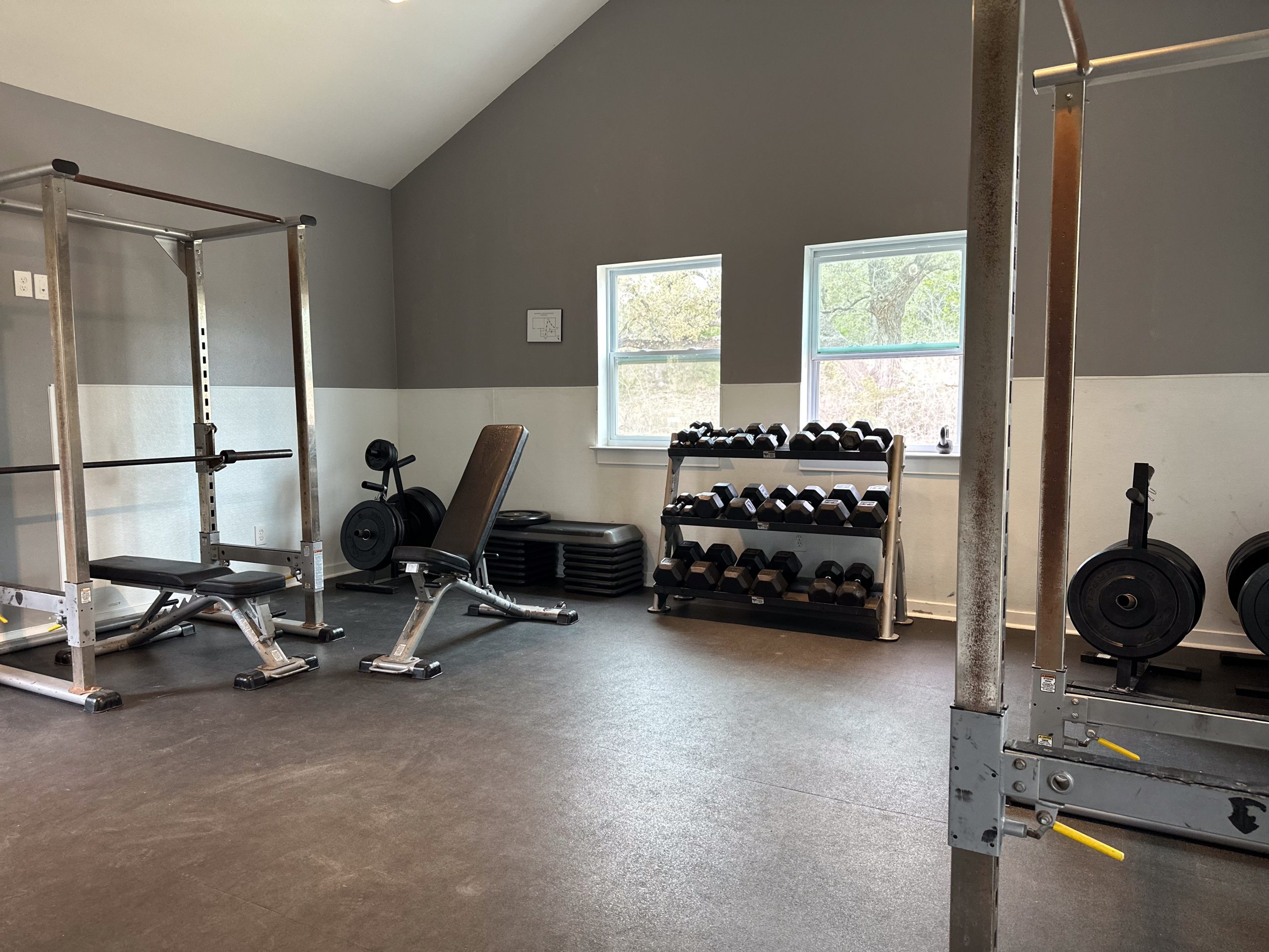
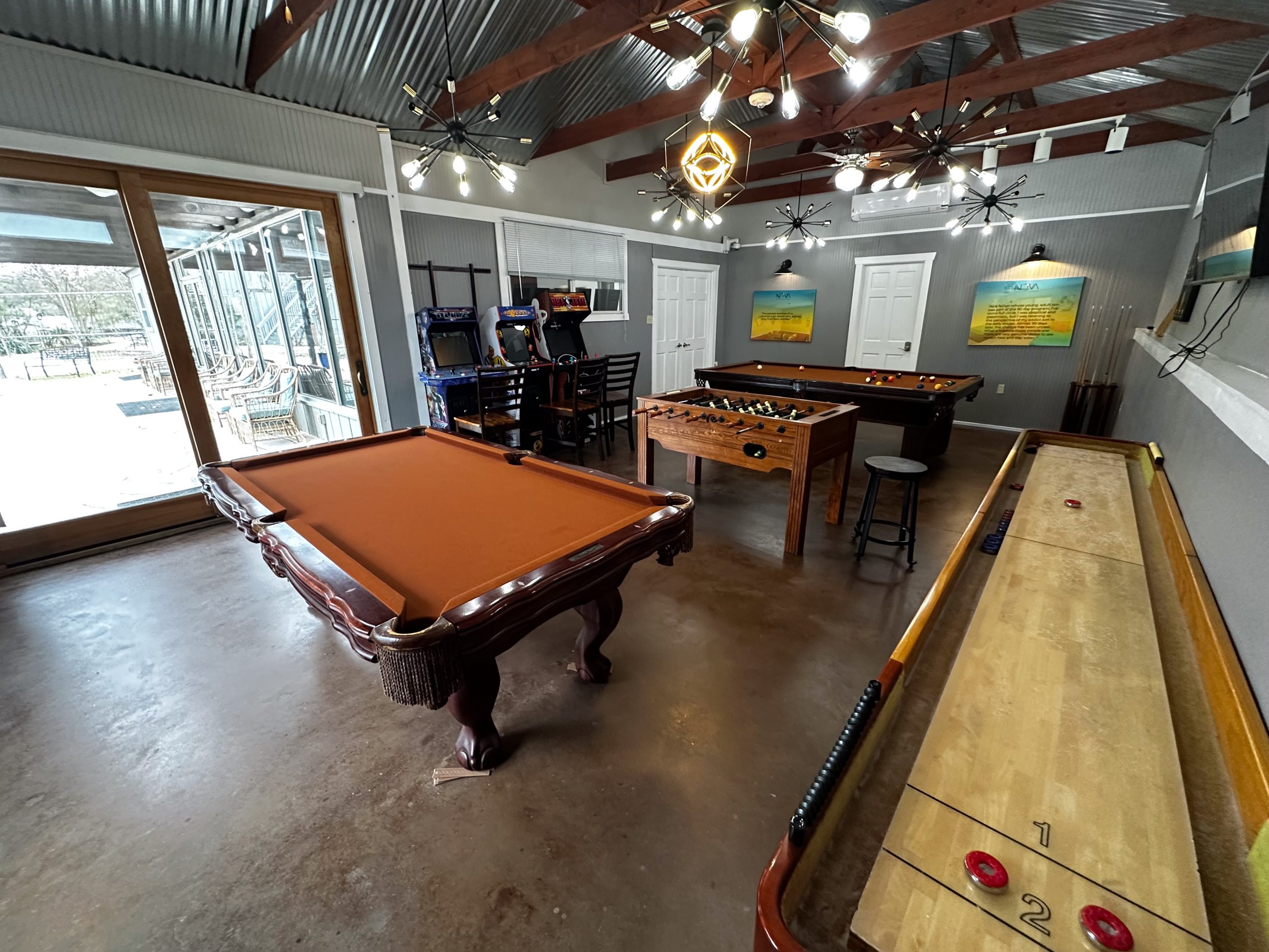
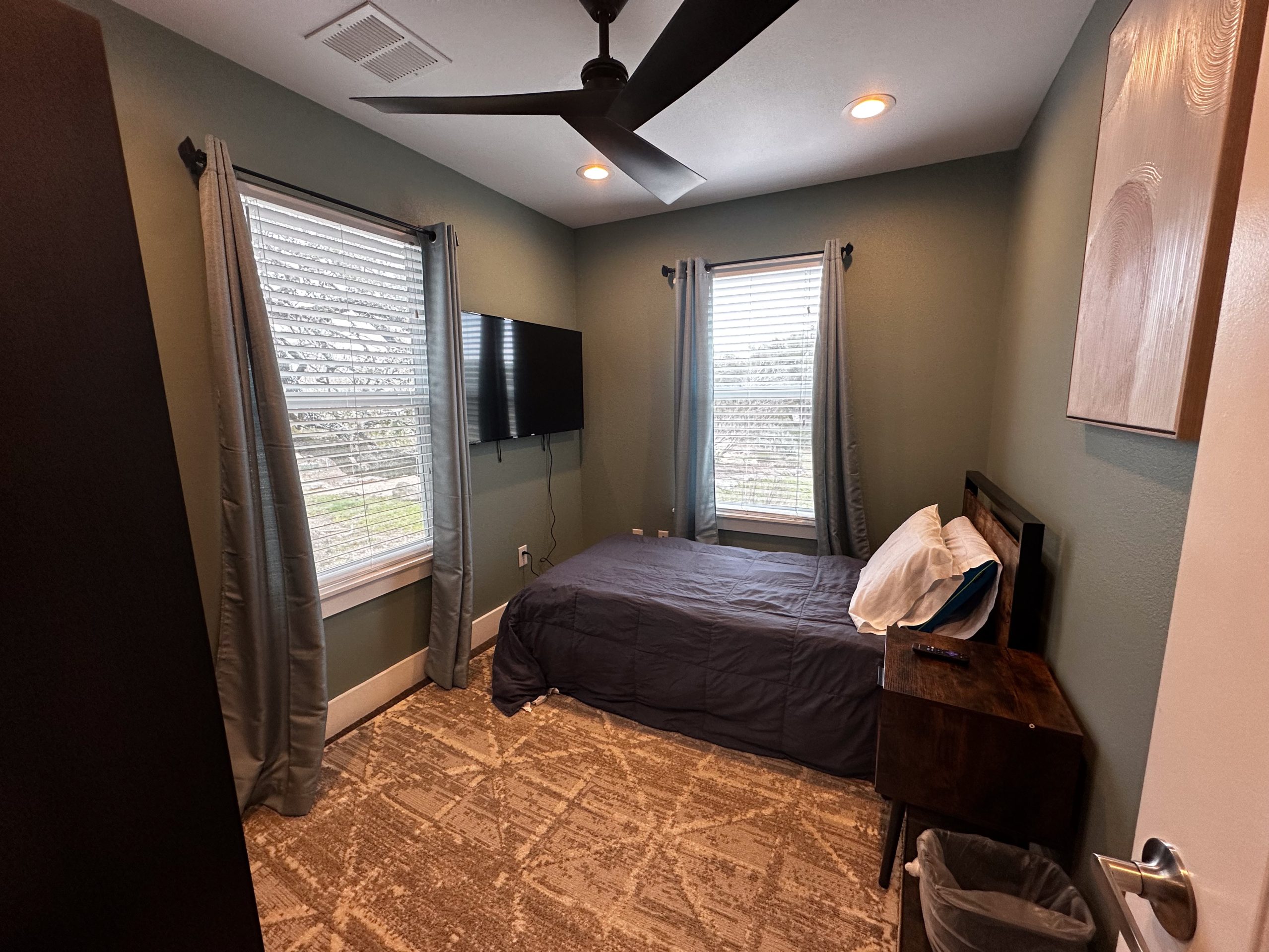
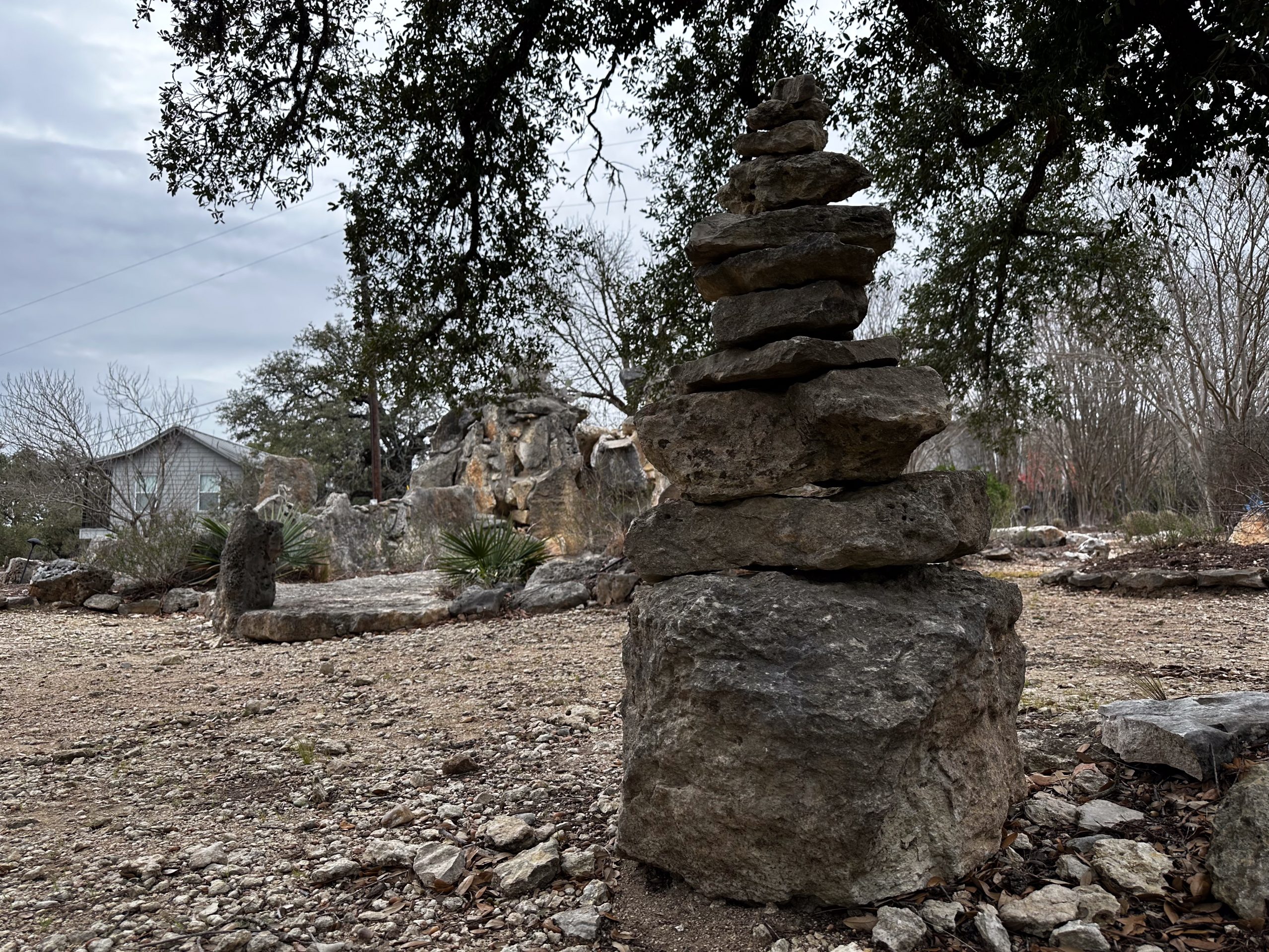
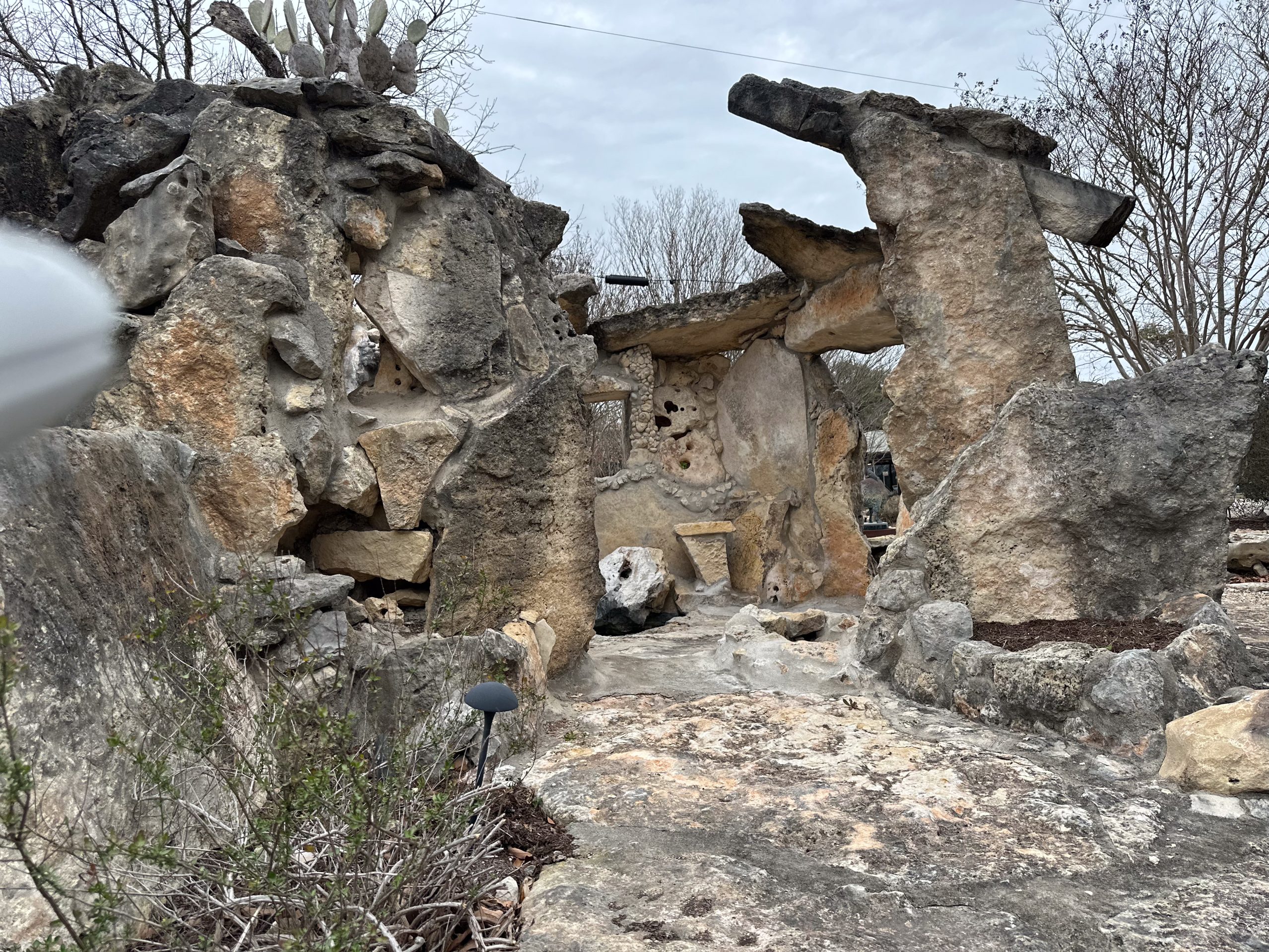
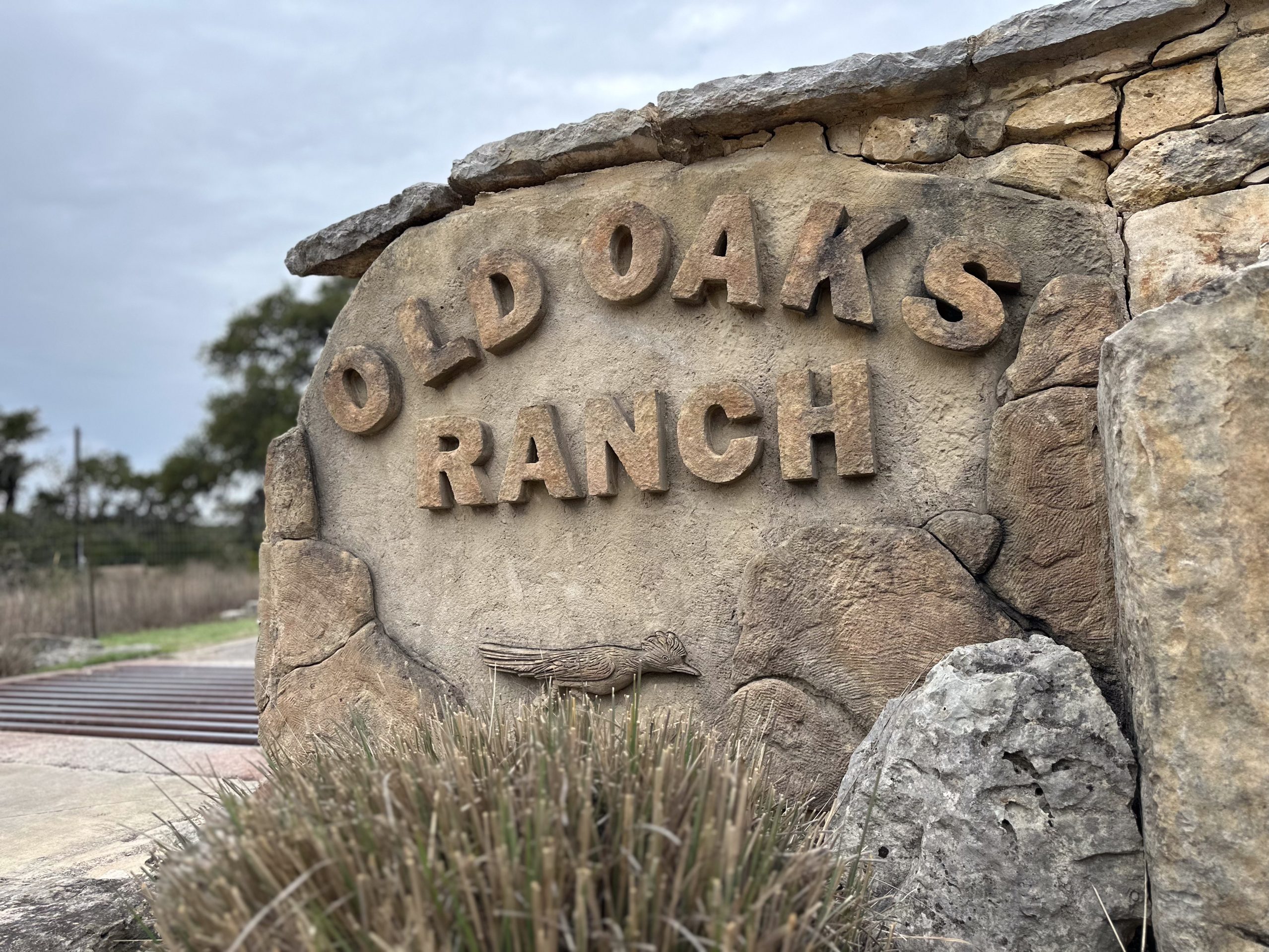

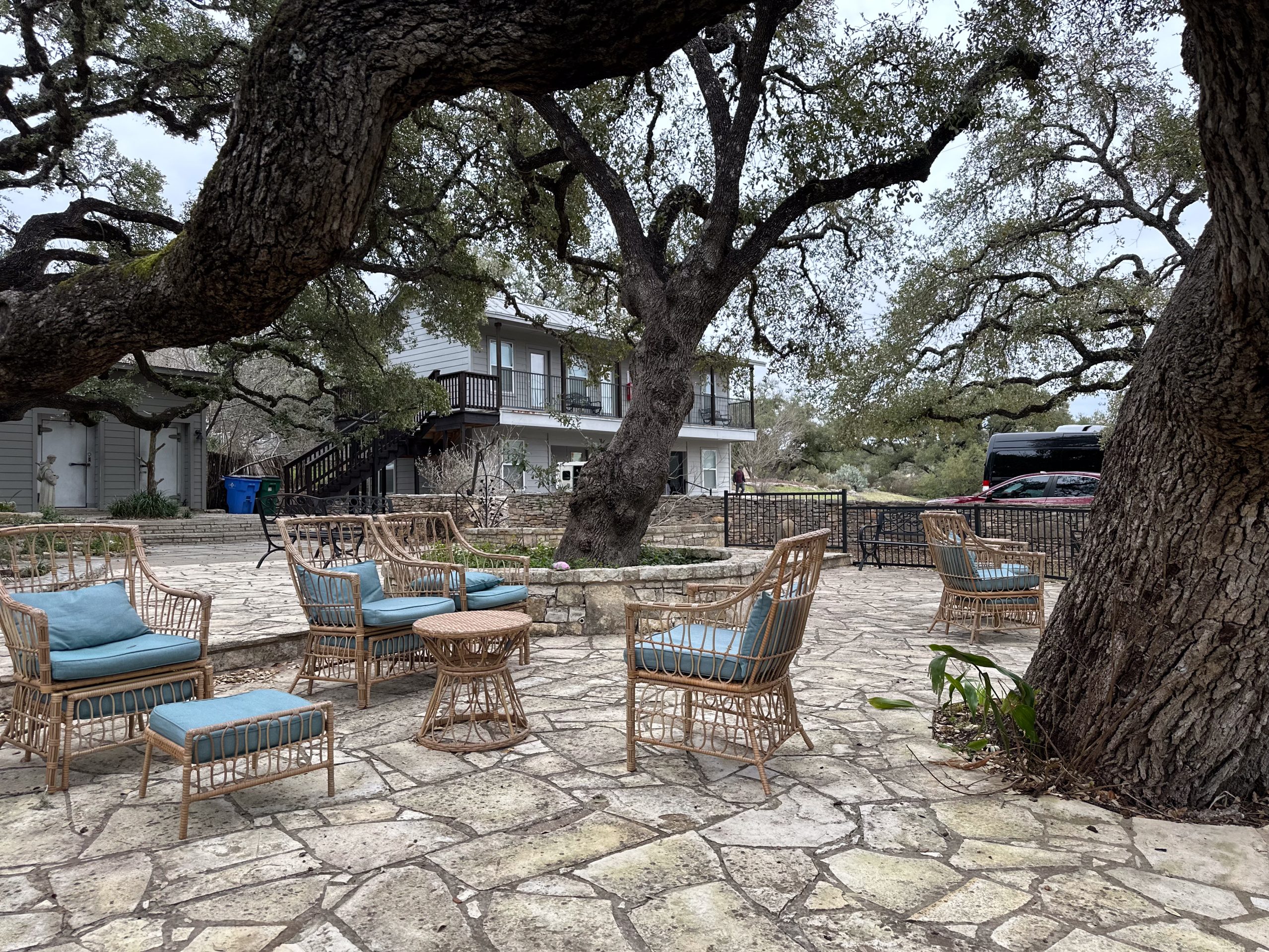
Street Names for Clonazepam
People may use slang for clonazepam, including:
- K
- K-Pin
- Pin
- Super Valium
Clonazepam (Klonopin) vs. Xanax
Both clonazepam and Xanax are benzodiazepines. They treat panic disorders by affecting GABA in the brain. Clonazepam lasts longer, while Xanax acts quickly but wears off fast.
Both drugs can cause side effects like drowsiness and lightheadedness. They are Schedule IV drugs, meaning they have a lower risk of abuse than some other controlled substances. However, misuse still increases the risk of addiction.
How Common Is Klonopin Addiction in the United States?
In the United States, many people misuse clonazepam. According to the National Institute on Drug Abuse, thousands of individuals struggle with benzodiazepine misuse each year.
In 2017, a national survey reported that over 38,000 people used prescription tranquilizers like clonazepam. About 6,000 of them misused the drug. Emergency rooms also saw tens of thousands of visits linked to Klonopin use.
Clonazepam addiction can start with a prescription. Over time, people may develop a tolerance. This means they need more of the drug to feel the same effect, which can spiral into addiction.
What Are the Side Effects of Clonazepam?
Klonopin (clonazepam) is a benzodiazepine prescribed for certain seizure disorders and panic disorder. Like all medicines, it can cause side effects—from common and mild to rare and serious. This guide explains what to expect, when to seek urgent care, and how to use clonazepam more safely. It is not a substitute for medical advice.
What are the side effects of clonazepam? They include:
- Fatigue
- Depression
- Memory problems
- Constipation
- Mood swings
In higher doses, the drug may cause dangerous effects like confusion, difficulty speaking, and suicidal thoughts. Taking clonazepam with other drugs or alcohol increases the risk of overdose.
At‑a‑glance: common side effects
- Drowsiness, sleepiness, or fatigue
- Dizziness or light‑headedness
Poor coordination / unsteady walk - Headache
- Trouble concentrating or memory issues
- Runny or stuffy nose, sore throat
- These are among the effects most frequently reported with clonazepam. Tell your prescriber if they are severe, persistent, or interfere with daily life.
Detailed side‑effects lists (by frequency)
Medical references group side effects by how often they occur. Below is a patient‑friendly summary drawn from leading sources.
More common
Drowsiness or unusual sleepiness, dizziness, poor coordination/unstable walk, tiredness, sore throat/runny nose, headache, irritability, appetite changes, trouble concentrating or sleeping.
Less common to rare
Confusion, slurred speech, nausea, urinary changes, skin rash or itching, vision changes (blurred or double vision), mood or mental changes, muscle aches, shivering/sweating.
Notes for clinicians & advanced readers: professional monographs report frequencies (e.g., drowsiness up to ~50%, ataxia up to ~30% in some data) and longer enumerations across organ systems.
How long do side effects last?
Drowsiness and dizziness often improve within about a week as your body adjusts. If side effects persist or interfere with daily activities, contact your prescriber. Do not drive or use machinery until you know how clonazepam affects you.
Serious side effects & FDA warnings (know these first)
Black‑box cautions for benzodiazepines:
- Breathing suppression and dangerous sedation when combined with opioids (or other CNS depressants, including alcohol)
- Abuse, misuse, and addiction risk
- Dependence and withdrawal, which can be severe if the medication is stopped abruptly
These warnings apply to clonazepam and the whole benzodiazepine class.
Call 911 or go to the ER now if you notice:
- Slow, shallow, or labored breathing
- Severe confusion, extreme sleepiness, inability to stay awake
- Fainting, blue lips/skin, or unresponsiveness
- Signs of an overdose (confusion, loss of consciousness, very slurred speech, severe unsteadiness)
Contact your prescriber promptly for:
- New or worsening depression, mood changes, or suicidal thoughts
- Severe allergic reactions (swelling of face/lips/tongue, trouble breathing)
- Worsening seizures, severe dizziness, or chest pain
Signs of Clonazepam Addiction
Some signs of Klonopin addiction include:
- Using clonazepam despite health or social problems
- Needing more of the drug to feel effects (tolerance)
- Visiting several doctors to get more prescriptions
- Taking pills from family members
- Isolating from friends
- Wanting to quit but being unable to
- Strong cravings
People with mental illness may be more likely to develop addiction. Substance use often goes hand in hand with mental health conditions.
Symptoms of Clonazepam Withdrawal
If someone becomes dependent, stopping the drug can lead to withdrawal. Common symptoms of clonazepam withdrawal may include:
- High blood pressure
- Anxiety
- Insomnia
- Dizziness
- Memory loss
- Seizures
- Hallucinations
- Gastrointestinal issues
Some people also face post-acute withdrawal symptoms (PAWS), such as:
- Long-term insomnia
- Cravings
- Fatigue
- Low energy
- Anxiety
These can last for weeks or even months. Individual health, usage history, and the involvement of other drugs or alcohol cause variations.
Klonopin Withdrawal Symptoms Timeline
Withdrawal symptoms usually start 1–4 days after the last dose. These early signs include nausea, anxiety, and restlessness.
Between days 10–14, symptoms may peak. Individuals might experience withdrawal symptoms such as: tremors, sleep problems, and appetite loss.
After 15 days, symptoms begin to fade. However, untreated cases can lead to severe issues like seizures. Detox under medical supervision is safest.
Long‑term use, dependence & withdrawal
Using clonazepam for weeks to months can lead to physical dependence. Abruptly stopping or tapering too quickly may trigger withdrawal, which—in some cases—can be severe or prolonged (weeks to months). Any taper must be individualized and gradual under medical supervision.
Common withdrawal features include anxiety, insomnia, tremor, and—in high‑risk situations—seizures. Never stop clonazepam suddenly unless a clinician instructs you to do so.
More Time. More Joy. More You. Start Now.
WE ACCEPT MOST INSURANCES







Clonazepam Detox Under Medical Supervision
Trying to detox alone can be life-threatening. Seizures and hallucinations are more likely without professional help. A safe detox should happen under the care of a healthcare professional.
A detox program includes:
- 24/7 medical care
- Monitoring of vital signs
- Medication management
- Individual and group therapy
- Cognitive behavioral therapy (CBT)
Medical detox lowers relapse risk and provides a structured path forward. It also allows doctors to treat mental health conditions that may affect recovery.
Drug and substance interactions
Clonazepam is a central nervous system depressant. Combining it with other depressants increases drowsiness and breathing risks.
Do not combine without explicit medical guidance: opioids, alcohol, certain sleep medications (e.g., zolpidem), other benzodiazepines, many antihistamines and sedating drugs.- Other interacting categories can include some antidepressants, antipsychotics, and anticonvulsants.
Always review your full medication/supplement list with your prescriber or pharmacist before starting clonazepam.
Special situations
- Pregnancy & breastfeeding: discuss risks and benefits with your clinician. Some newborns can experience sedation or withdrawal if exposed in late pregnancy. Breastfeeding may require monitoring or alternate plans.
- Older adults: higher sensitivity to sedation, coordination problems, and falls—lower doses and close monitoring are common.
- Liver, lung, or sleep‑breathing problems: extra caution is advised.
Overdose signs & what to do
Overdose symptoms can include severe sleepiness, confusion, very slurred speech, loss of coordination, and shallow breathing. This is a medical emergency—call 911.
Rehab Options: Inpatient and Outpatient
After detox, people may enter a rehab center. Two main types of rehab exist:
Clients live at the treatment facility. They receive daily therapy, attend classes, and participate in recovery activities. This option suits those with severe addiction or unstable home environments.
Clients live at home and attend treatment sessions at scheduled times. This option works well for people with work or family duties. One common outpatient option is an intensive outpatient program (IOP), which offers structured therapy but with more flexibility.
Choosing a rehab program depends on factors like:
- Level of care needed
- Cost and health insurance
- Location
- Staff qualifications
- Treatment services offered
Treatment centers often use evidence based methods like CBT and group therapy. Support groups also help build a strong recovery network.
Continued Care: Sober Living and Aftercare
After rehab, many people benefit from ongoing care. This may include:
These homes offer safe and sober housing. They often provide:
- Drug testing
- Recovery coaching
- Job and education support
- Peer accountability
Aftercare Programs
Aftercare includes weekly check-ins and support group meetings. These programs help maintain long term recovery and prevent relapse.
Freedom Starts Here. Take Back Your Life Today.
Same-Day Admissions in Austin Available.
Support Systems and Family Involvement
Support from family members is critical. Loved ones can help monitor progress, encourage treatment, and provide emotional support.
Joining a support group also strengthens recovery. These groups offer a place to share struggles and celebrate milestones. They reduce isolation and boost motivation.
Health Risks and Long-Term Impact
Prolonged clonazepam use increases the risk of serious health problems. These include:
- Physical dependency
- Mental health issues
- High-dose tolerance
- Dangerous interactions with other drugs or alcohol
Using the drug over extended periods can affect memory, mood, and decision-making. It can lower quality of life and strain personal relationships.
Getting Help
Treatment options vary depending on your needs. If you are struggling with clonazepam addiction, reach out to a medical professional or rehab center today. Nova Recovery Center offers inpatient treatment, outpatient programs, and intensive outpatient program IOP options for adults.
Our team helps with:
- Creating a treatment plan
- Managing symptoms of withdrawal
- Connecting clients to the right level of care
- Navigating healthcare coverage
Recovery is possible. Whether through a rehab center, sober living home, or aftercare program, help is available. Start your journey to healing today.
Frequently Asked Questions About Klonopin Side Effects, Warnings, and Safe Use
What are the most common Klonopin side effects?
Drowsiness, dizziness, poor coordination, headache, and trouble concentrating are commonly reported.
Can Klonopin cause breathing problems?
Yes—especially when combined with opioids or other sedatives. This is part of the FDA boxed warning.
Is it safe to stop Klonopin suddenly?
No. Stopping abruptly can cause severe withdrawal, including seizures. Taper only with a clinician’s plan.
What if I feel worse anxiety on Klonopin?
Paradoxical agitation or mood changes can occur; contact your prescriber promptly.
Does long‑term use cause problems?
Long‑term use increases risk of dependence and difficult withdrawal; any discontinuation should be gradual.
What is the drug Klonopin used for?
Klonopin (clonazepam) is a benzodiazepine prescribed for panic and anxiety disorders and for some seizureconditions. In hospitals, it may be used as part of seizure management under close monitoring.
Can clonazepam be used to treat alcohol withdrawal?
Benzodiazepines are the standard medicines for alcohol-withdrawal management, but clonazepam is not a first-line choice. Protocols most often use diazepam, lorazepam, or chlordiazepoxide in a supervised medical detox. Alcohol withdrawal can be life-threatening—don’t self-treat. Call for medical help.
What drugs are used for alcohol detox?
Typical medications (tailored by a clinician) include:
- Benzodiazepines: diazepam, lorazepam, chlordiazepoxide
- Vitamins: thiamine (to prevent Wernicke’s), folate; electrolytes/fluids
- Adjuncts (when appropriate): gabapentin or carbamazepine for mild cases; phenobarbital in specialized settings
Detox choice depends on severity, vitals, and co-occurring conditions.
What are four tips that can help a person cope with withdrawal symptoms?
- Seek medical supervision (inpatient or monitored outpatient).
- Hydrate and nourish—small frequent meals, electrolytes, and thiamine as directed.
- Rest in a safe environment with someone who can monitor symptoms.
- Avoid triggers and other substances (alcohol, opioids, sedatives) and follow your care team’s plan.
How to manage alcohol withdrawal symptoms?
Under a clinician’s guidance: scheduled medications, fluids/nutrition, continuous monitoring of vitals and symptoms, and transition to ongoing treatment (e.g., naltrexone, acamprosate, counseling, recovery housing). Emergency care is needed for confusion, seizures, hallucinations, or high fever.
Can naltrexone and Klonopin be taken together?
There’s no direct pharmacologic conflict, but the combination should be used only under medical supervision. Naltrexone helps reduce alcohol cravings; clonazepam adds sedation and dependence risk, so prescribers weigh risks carefully in recovery settings.
Can Klonopin make anxiety worse?
Sometimes. Paradoxical agitation, rebound anxiety, or interdose withdrawal can occur, especially with long-term or high-dose use. Tell your clinician if anxiety worsens, you need early refills, or you have cravings—these are warning signs.
Why is Klonopin a controlled substance?
Klonopin is Schedule IV due to risks of tolerance, physical dependence, misuse, and dangerous withdrawal(including seizures) if stopped abruptly.
Is clonazepam better than Valium?
Neither is universally “better.”
- Diazepam (Valium): very fast onset, long half-life with active metabolites—useful in certain protocols.
- Clonazepam: high potency with a longer duration than many benzos; favored for panic/seizure maintenance.
The right choice depends on diagnosis, age, liver health, and treatment setting.
How much Valium equals Klonopin?
Do not self-convert doses. Clinicians use conversion guides and patient factors to switch safely. As a rough reference used in many settings, 0.5 mg clonazepam ≈ 10 mg diazepam, but adjustments are individualized.
Which is stronger, Xanax or Klonopin?
They are similarly potent mg-for-mg, but Xanax (alprazolam) has a faster onset and shorter duration, whereas Klonopin lasts longer. Your prescriber chooses based on symptoms, timing needs, and risk profile.
What drug is stronger than Valium?
Several benzodiazepines (alprazolam, clonazepam, lorazepam) are more potent per milligram than diazepam. Potency doesn’t mean better or safer—it means smaller doses produce effects, and risks may rise without careful dosing.

